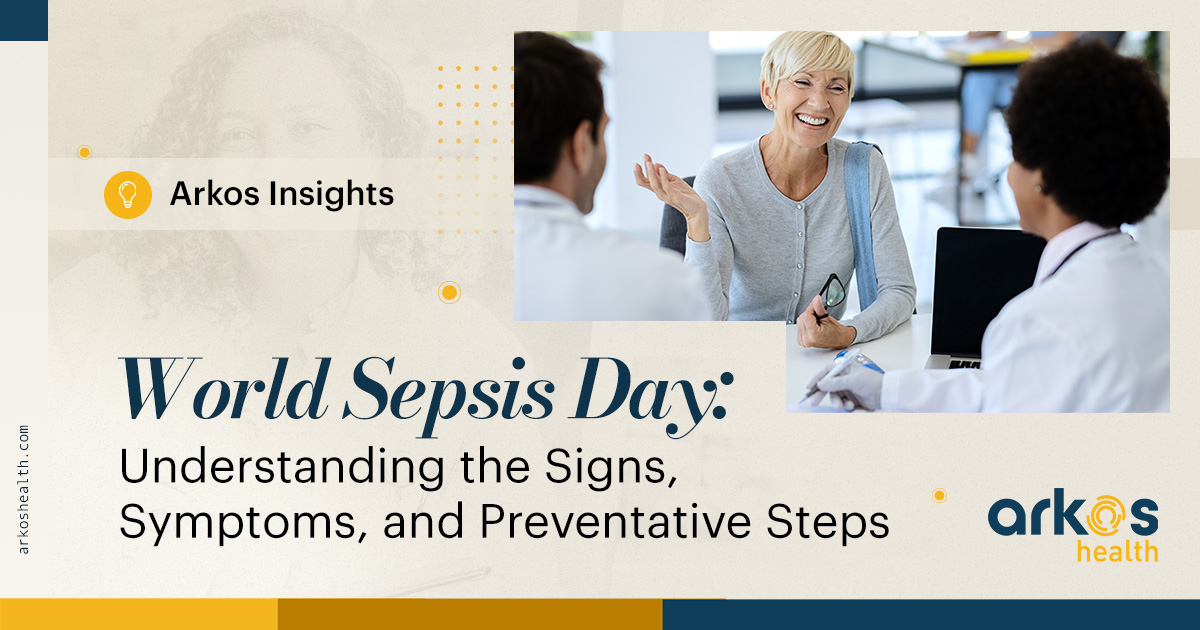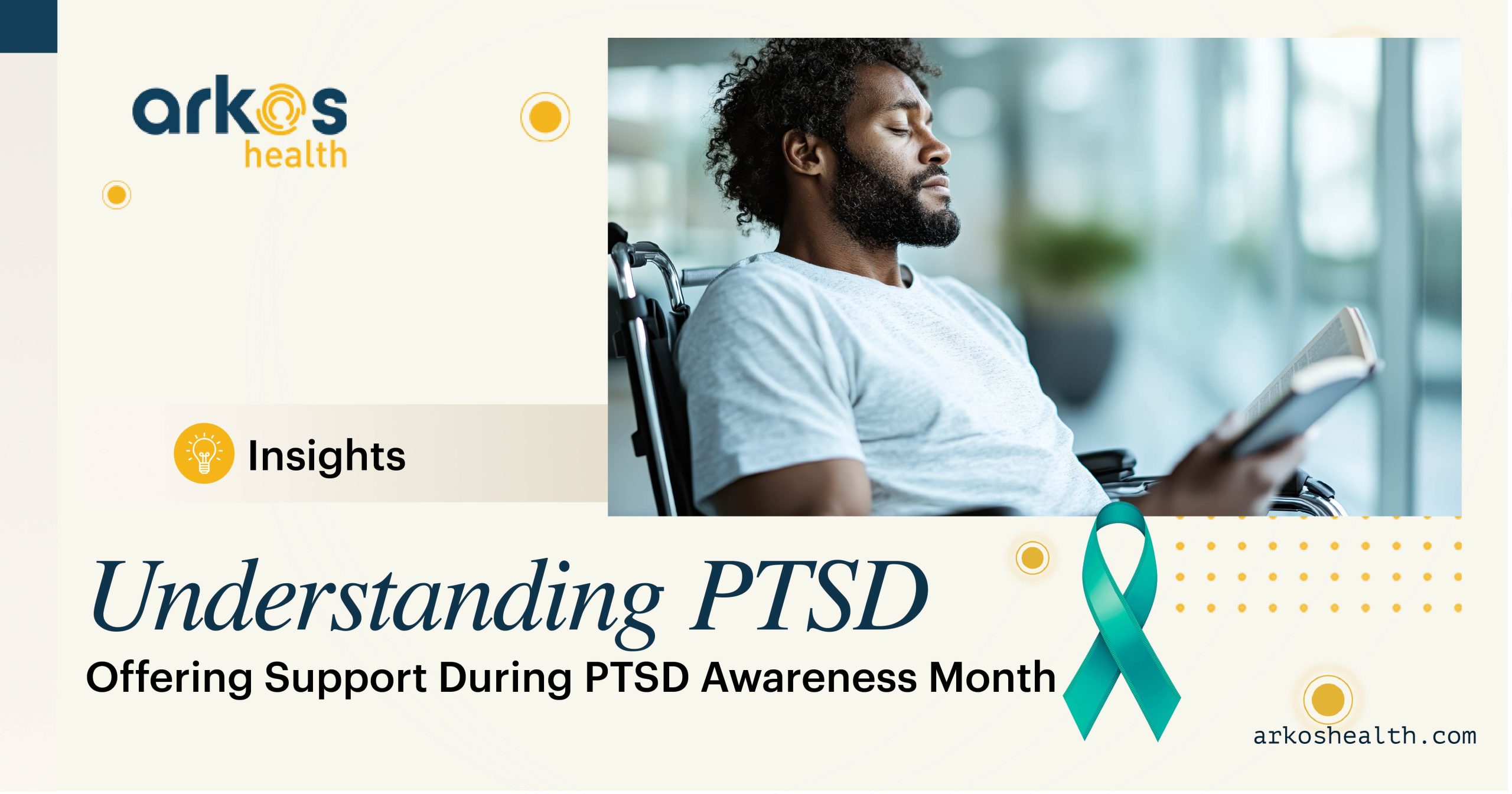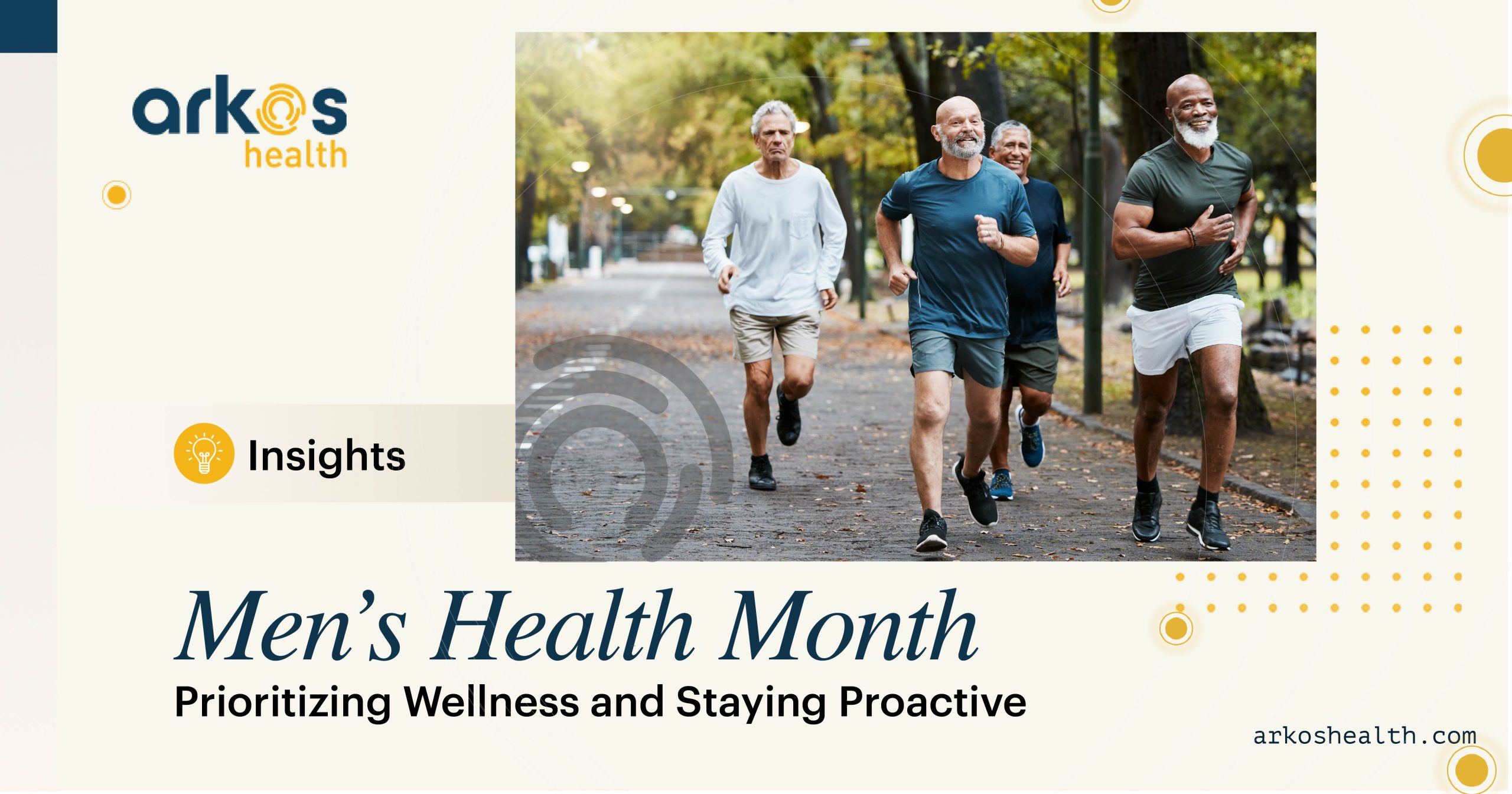
September 13th is World Sepsis Day, an opportunity to shed light on a medical condition that claims millions of lives annually: sepsis. This initiative aims to raise public awareness, improve diagnosis, and ultimately reduce the mortality rates associated with this life-threatening response to infection.
Sepsis is a life-threatening condition that occurs when the body’s response to an infection goes into overdrive, causing damage to its own tissues and organs. This can lead to organ failure and even death. It is imperative to recognize the early signs and symptoms of sepsis, as timely intervention can mean the difference between life and death. One mnemonic used to recall the symptoms is “SEPSIS”:
S – Shivering, fever, or feeling very cold
E – Extreme pain or general discomfort (“worst ever”)
P – Pale or discolored skin
S – Sleepiness, difficulty waking up, or confusion
I – “I feel like I might die”
S – Shortness of breath
People with sepsis might also exhibit signs such as a high heart rate, clammy or sweaty skin, and dizziness. It’s important to remember that sepsis can escalate quickly, so if these symptoms are present, seeking medical attention immediately is crucial.
Although anyone can get sepsis, certain groups are at higher risk, including the elderly, infants, pregnant women, and individuals with chronic illnesses or weakened immune systems. If you suspect sepsis, it’s crucial to seek medical help immediately. Early diagnosis and treatment can significantly improve outcomes.
Preventing sepsis primarily involves preventing infections. Here are some key strategies that can help you:
- Practice good hygiene: Wash your hands frequently with soap and water, especially before preparing food, eating, and after using the bathroom or coming into contact with sick individuals.
- Keep wounds clean and covered: Clean any cuts or scrapes with soap and water and keep them covered until they heal.
- Stay up to date on vaccinations: Vaccines can help prevent many infections that can lead to sepsis, such as pneumonia, influenza, and meningitis.
- Manage chronic conditions: If you have underlying health conditions like diabetes or heart disease, work with your doctor to manage them effectively, as these can increase your risk of infections.
- Seek medical attention promptly: If you develop symptoms of an infection, such as fever, chills, cough, or difficulty breathing, see a healthcare provider promptly.
World Sepsis Day serves as a vital reminder of the dangers posed by sepsis and the importance of awareness, prevention, and prompt treatment. Arkos can help you with all of these strategies, but remember, early detection and treatment are key to improving outcomes for sepsis. If you suspect sepsis, seek medical attention immediately.
BY Arkos Insights
Published September 13, 2024 1:52PM


